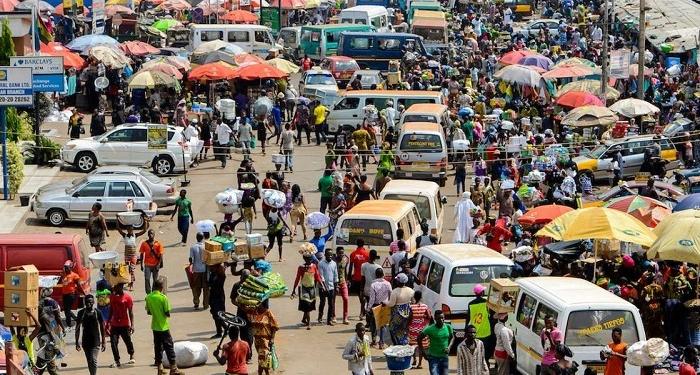2025 Budget: Ghana Engages IMF on Tax Cuts, Fiscal Reforms, and Exchange Rate Stability
Ghana’s ongoing discussions with the International Monetary Fund (IMF) are centred on tax cuts, revenue administration reforms, energy sector debt management, expenditure controls, and exchange rate stability.
The five-day engagement, running from February 10 to February 14, will play a key role in shaping the 2025 budget and Ghana’s broader economic policy direction.
Key Fiscal Policy Changes
As part of efforts to ease fiscal pressures and reduce reliance on imported goods, the government plans to eliminate several major revenue measures, including the Electronic Transactions Levy (E-Levy), Betting tax and COVID-19 levy
These proposed tax cuts align with the government’s strategy to strengthen macroeconomic stability under the IMF-supported programme. The initiative aims to boost domestic economic activity while ensuring a sustainable fiscal framework.
IMF-Led Discussions on Economic Stability
Leading the negotiations is IMF Mission Chief for Ghana, Stéphane Roudet, who will assess the country’s progress and refine fiscal policies in consultation with Ghanaian authorities.
Key institutions participating in the talks include the Bank of Ghana (BoG), Ghana Revenue Authority (GRA), and Controller and Accountant General’s Department (CAGD).
The outcome of these discussions could significantly shape Ghana’s fiscal policy direction, as policymakers seek to balance fiscal consolidation with measures to spur economic growth.
Fiscal Prudence and Market Outlook
Market analysts are urging the government to prioritise expenditure rationalisation to tackle the budget deficit. Current projections indicate that the fiscal deficit is expected to narrow to 4.2% in 2025 as consolidation efforts continue.
In a bid to control spending, the government has already implemented cost-cutting measures, including reducing the number of ministers to 60 and banning non-essential foreign travel for government appointees
With the IMF programme providing a framework for economic stability, Ghana’s next policy decisions will be critical in determining the pace of recovery and long-term fiscal sustainability.








